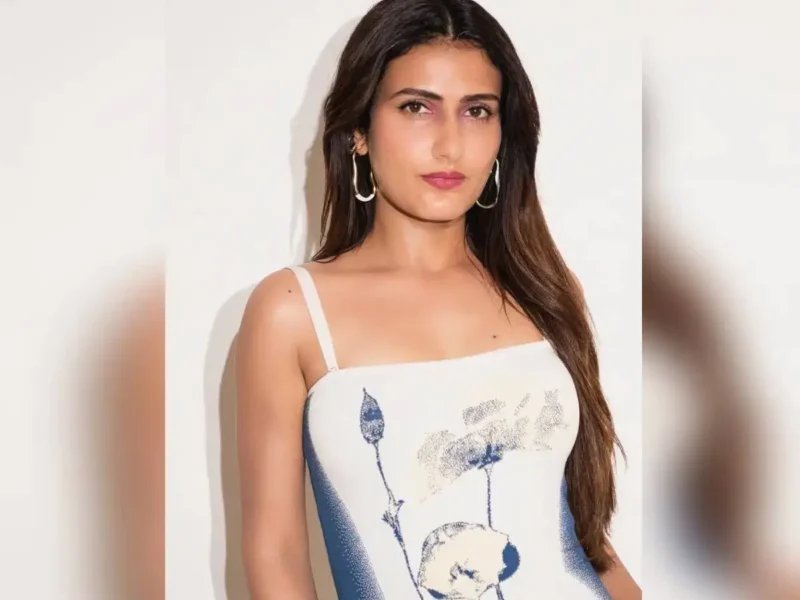
How ‘Kaho Naa … Pyaar Hai’ Made Rakesh Roshan a Gangland Target
MUMBAI, (IANS) – At a time when the 1997 killing of music mogul Gulshan Kumar was still fresh in public memory, actor and filmmaker Rakesh Roshan was confronted by two sharpshooters in full public view and shot at twice on January 21, 2000.
He had just made ‘Kaho Naa … Pyaar Hai’, which turned out to be superhit and launched the career of his son, Hrithik Roshan. Recounting the incident soon after it took place, Hrithik, who was in London shooting for ‘Kabhi Khushi Kabhie Gham’, said in an interview with the American-British comedian and TV personality Ruby Wax: “My father was in debt because we had borrowed a lot of money to make the film. The film struck big time — it was the biggest hit in the past five-six years.”
The moment the underworld got a whiff of this Bollywood success story, they could smell money — and Rakesh Roshan became their prime target.
On the evening of January 21, 2000, the filmmaker was shot at by two unidentified assailants near his office on Tilak Road at Santacruz West in Mumbai.
Of the two bullets aimed at him, one hit him on the left arm and the other grazed his chest. As Rakesh Roshan fell on the ground next to him, the two assailants fled the scene.
The filmmaker was quick to recover. He got into his car and his driver Aatish sped him to the Santacruz police station. The police then accompanied him to Nanavati Hospital, where Dr Sharad Pandey, father of Bollywood actor Chunky Pandey, successfully operated on him for an hour to remove the bullet.
The assailants were later identified as Sunil Vithal Gaikwad and Sachin Kamble, both on the payrolls of Ali Budesh, the Bahrain-based ganglord who rose to prominence in Mumbai’s underworld reportedly after he took on the might of Dawood Ibrahim and aligned with the UP don, Shubhash Singh Thakur. Rakesh Roshan is believed to have been resisting demands from the Ali Budesh gang for a share of the overseas earnings of ‘Kaho Naa…’.
According to the journalist Praveen Swami, the attack on Rakesh Roshan was not made with the intent of killing him, but to send out the signal that the Shiv Sena, which had just been voted out in Maharashtra, could no longer protect Bollywood.
It was important to send this message out because, as Swami noted, Bal Thackeray’s daughter-in-law, Smita Thackeray (she was married to Jaidev Thackeray till the couple got divorced in 2004), had emerged as a credible and above-board alternative to the mafia as a film financier.
Sunil Vithal Gaikwad, one of the two men who pulled the trigger on Rakesh Roshan, was caught only on October 9, 2020, by when he was wanted in 11 cases of murder.




